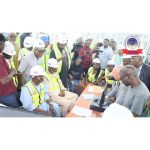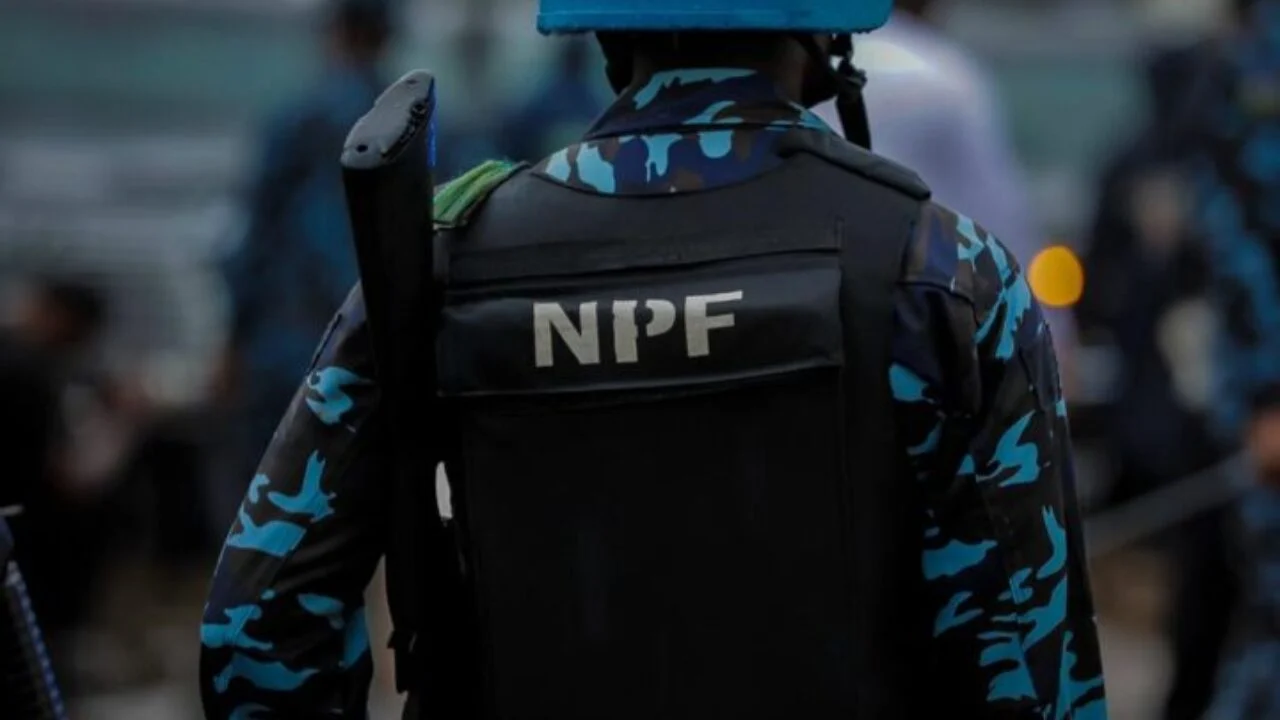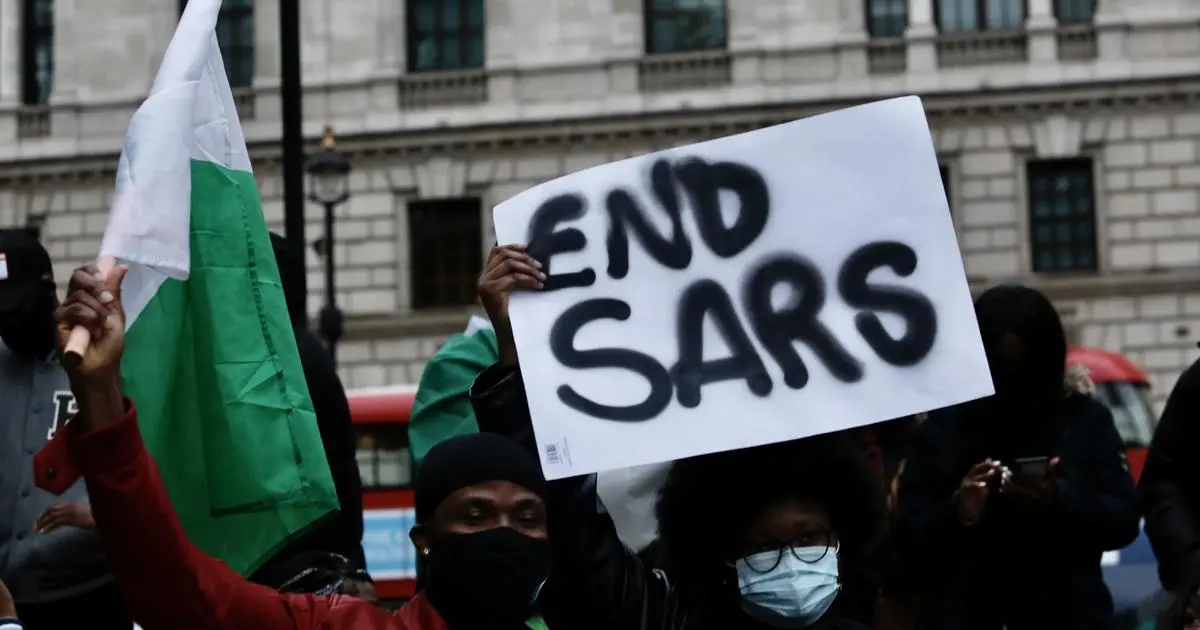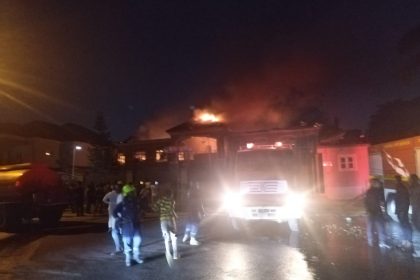Social media is abuzz with a leaked memo suggesting the Lagos State Government has approved NGN 61,285,000 for a mass burial of 103 individuals, identified as victims from the 2020 EndSARS unrest.
This revelation, dated July 19, 2023, has sparked public outrage.
The memo describes steps for the fund’s disbursement following the governor’s endorsement and reveals the state government’s decision to contract a funeral service provider. This decision reportedly came after the Ministerial Tenders’ Board Meeting discussed the Procurement Planning Committee’s recommendations and raised no objections to the mass burial proposal.
According to the leaked memo, the approved company is instructed to ensure that all relevant taxes and deductions are duly remitted.
Eight Major Challenges Faced By Residents Of AMAC
In a Sunday evening statement, the Lagos State Ministry of Health confirmed the existence of the letter, but asserted that its details were being misinterpreted.
The government clarified that the individuals planned for the mass burial were victims of incidents of violence that erupted in the aftermath of the EndSARS protests, not during the protests at the Lekki Toll Gate itself.
This explanation has not gone down very well with many Nigerians and here are seven questions that are being asked in light of this leaked memo:
1. Identification: How were the deceased identified? Were the families informed and given the opportunity to identify and claim the bodies of their loved ones?
2. Accountability: What steps have been taken to hold those responsible for the deaths accountable? Is there an ongoing investigation or legal proceedings related to these deaths?
3. Transparency: What is the government’s reason for opting for a mass burial? Are there other options being considered?
4. Respect and Dignity: How is the government ensuring that the mass burial is carried out with dignity and respect for the deceased and their families?
5. Family Consent: Have the families of the deceased given their consent for a mass burial? If not, how is the government addressing their concerns?
6. Commemoration: Will there be a memorial or other forms of commemoration to honor the lives of the individuals who were killed during the ENDSARS protests?
7. Prevention: What measures are being put in place to prevent such tragic incidents from happening in the future and to address the issues that led to the ENDSARS protests? Has the police really changed or did they just change the name of the department and are still running some of the illegal operations that led to the #EndSARS crisis?
These questions highlight the importance of transparency, accountability, and respect for human rights in handling such sensitive issues. It’s crucial for the government to address these concerns openly to maintain public trust and uphold justice for the victims and their families.









